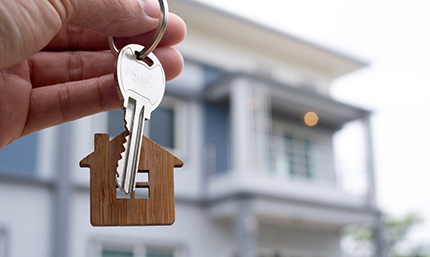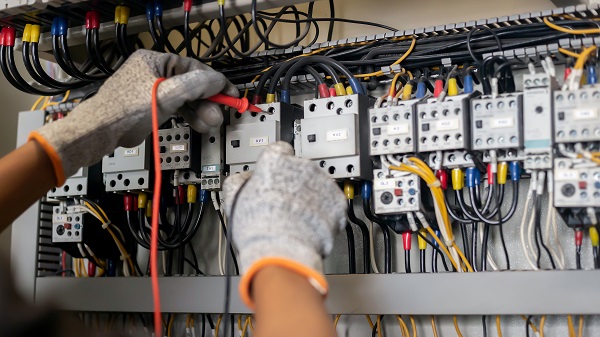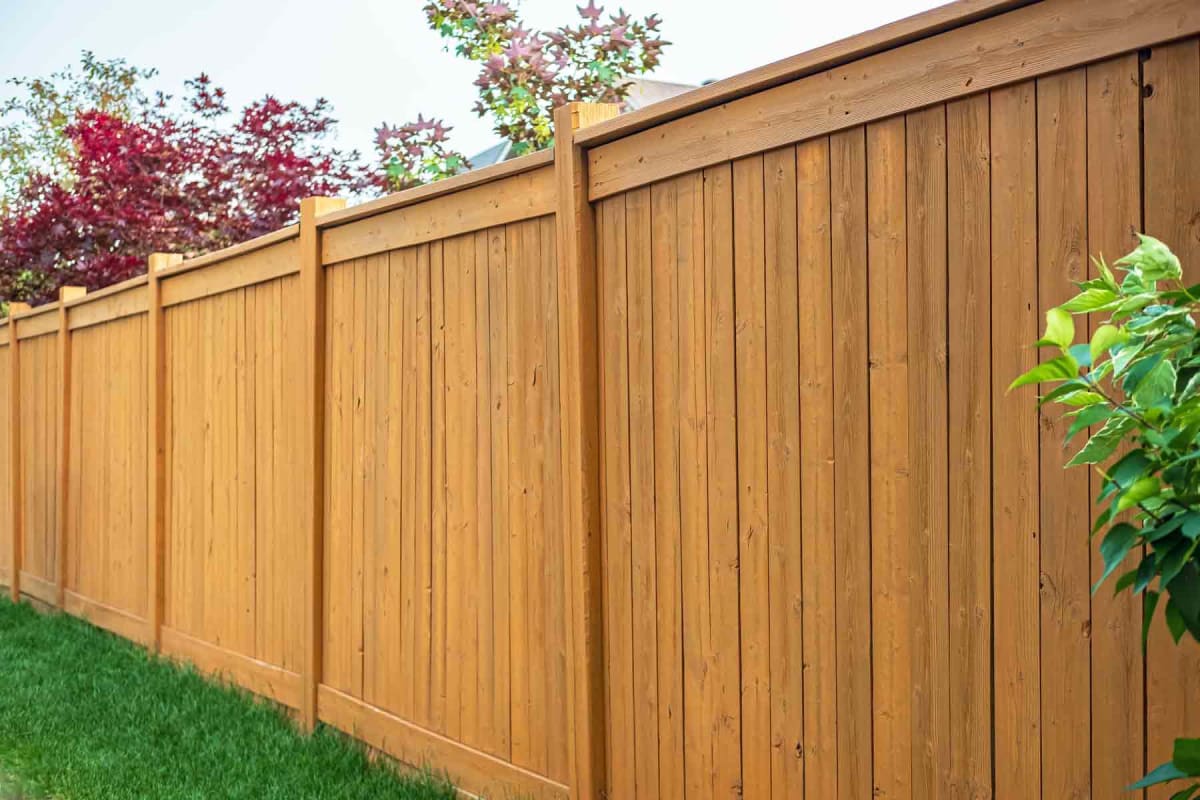:no_upscale()/cdn.vox-cdn.com/uploads/chorus_image/image/66655088/Termite_Inspection_iStock_481999467.0.jpg)
Intelligent people stay one step ahead of termites. A major piece of termite control is holding termites back from attacking your home, and the initial phase in achieving this is booking a termite inspection. So since you are here, we hope you have booked an inspections session. And if not, search “best termite pest control near me” online and do it now.
The main question is what you should accept from the inspection? Are there steps you want to take to prepare for the inspection? Setting up your home for a termite inspection is easy; however, there are a couple of things you can do to assist with making it go all the more easily.
This guide will assist you with figuring out what a termite inspection is and the way in which it can help you as a homeowner. Then, we’ll give an understanding of the expenses and systems for getting everything rolling. Then you’ll be equipped with enough data to employ an assessor and comprehend the basics of their discoveries.
WHAT HAPPENS DURING THE INSPECTION?
During your termite inspection, you can anticipate that the monitor should spend about 90 minutes to two hours completely going over your property. This time span, obviously, will differ contingent upon the size of your property. The examiner will take a look at the inside and outside the region of your home, checking for apparent indications of a termite infestation, which include: droppings, broken wings, mud tubes, and harmed wood.
Search for a “termites treatment specialist brisbane/your location” who will check your wall, baseboards, windows, crawl spaces, entryway frames, inner parts of cupboards, and storage rooms. During this inspection, the person will require admittance to each region of your home, including the garage and loft, and will intently on the washrooms, kitchens, and utility rooms. Why? Because subterranean termites frequently utilize the spots where plumbing penetrates the section to get close enough to your home.
Outside your home, the reviewer will take a look at the outside roof and wall of the house, and intently analyze the establishment. Notwithstanding indications of harm to the wood, the reviewer will be watching out for mud tunnels on the establishment. Having completely reviewed the home, the inspector will continue on to the encompassing property and yard to ensure those regions are not giving indications of termite action.
To Help The Expert Inspect Your House Properly, You Can Do The Following Chores.
DO A LITTLE BIT OF REARRANGING
Anything you have put away under your sinks in the kitchen and bathroom should be moved to another region to help the inspector check your water sources for termite activities. Inside your garage, move anything you have put away against the walls to around two feet from the wall. If anything is against the wall outside your home, it should be moved two feet out.
MAKE IT EASY TO ACCESS THE ATTIC
Anything hindering the entry to the upper room should be cleaned up ahead of the expert’s visit. Not exclusively does the overseer need to get into the attic; however, you want to ensure no trash tumbling from the storage room disturbs your things while he’s working.
CLEAR THE CRAWL SPACE
In the event that your house is based on a raised establishment, make it simple for the inspector to get into the crawl space. Clear the opening, move any things that block the entry, and ensure nothing put away in the unfinished plumbing space will obstruct the overseer’s work.
SOME LANDSCAPING
Trim any plants like shrubs or ground cover that disguise outside dividers or the establishment.
WHAT THE EXPERT WILL LOOK FOR?
Termites are capable of staying hidden. That is the reason they can swarm a permanent spot for quite a long time and stay away from coming in sight. Thus, it’s crucial to search for “best termite control near me” and hire an authorized proficient to affirm the presence of termites. Here is a portion of the indications of termite movement they search for during an inspection.
Mud Tunnel
Subterranean termites develop mud tunnels to remain in constant contact with the sodden soil so they can get by. What’s more, they utilize these constructions to travel and communicate with the remainder of the colony. There are four essential sorts of mud tunnel:
- Drop tunnels start from the design however don’t reach the ground.
- Working tunnels are developed from sodden soil and travel from the beginning of the wood structure.
- Exploratory tunnels start from the ground don’t reach the wood.
- Swarm tubes permit the king and queen a way out to fly and replicate.
Indications of Damage
Damaged wood and different indications of termite destructing regularly let the assessor know there’s an infestation. The degree of the harm gives hints with respect to how significant the issue is. What’s more, the area of the issue might demonstrate what sort of termite is involved.
Droppings
A few termite species utilize their feces to fabricate tunnels. Others push it out of little openings close to their homes. Regardless, droppings are all over and are a determiner of termite infestation. Search for light brown or dark grains that look like sawdust.
Live termites
While stripping back the layers of wood, you might track down live termites. You may likewise find some behind drywall, inside exhibitions, and going along a mud tube. These and different signs demonstrate a potential infestation.
Swarmers
Termites commonly breed throughout the spring. A large number of winged reproductives flies and swarms to choose sets for mating. Before the mating starts, the recently several sheds their wings. Observing these shed wings is an indication that there may be a termite state nearby.
Twisted entryways and window ledges
Because of the dampness content of termite provinces, the controller should search for the twisted region of the home. These incorporate sick-fitting entryways and windows. Furthermore, different regions inclined to distort, for example, wood deck and dividers, ought to likewise be thought of.
There is a lot a termite inspector can help you when you are dealing with termites. All you have to do is type “termites treatment brisbane/your location” or “termite treatment near me” online and select an experienced agency.
FAQs
What smell do termites hate?
Termites hate smells of geranium, cedarwood, and tea tree oil.
What do termites hate the most?
Termite despises sunlight and heat.
What kills termites instantly?
Termites can be killed instantly with direct heat.





More Stories
Binghamton Home Improvement Grants You Shouldn’t Miss
How to Qualify for Binghamton Housing Repair Grants in 2025
Why Minimalist Interior Design Is the Ultimate Power Move